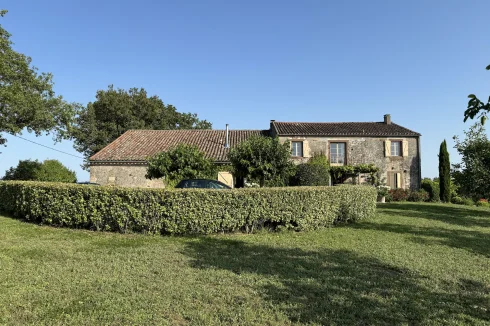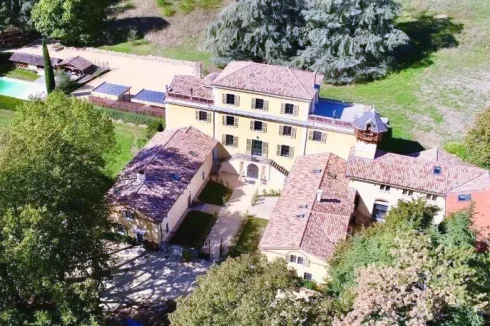Social Charges and Your Retirement Pension
Wednesday 01 December 2010
Many of you still seem to be incorrectly paying social charges on your retirement pension.
Each year in October the French tax authority sends out tax demands for what are known as the prélèvement sociaux on investment and pension income.
So at this time we have now come to expect a regular stream of e-mails from readers concerning the imposition of these charges on their retirement pensions.
This year is no exception, with several of you having contacted us concerning these charges.
In order to help others of you who may be being similarly harassed to pay up, it might be useful to provide some background information on the issue.
What Are the 'Social Charges'?
The ‘social charges’ (prélèvement sociaux) are actually three different taxes. Individually they are the:
- Contribution Sociale Généralisée (CSG)
- Contribution au Remboursement de la Dette Sociale (CRDS)
- Prélèvement Social (PS)
The first two of these social charges are payable on pension income, but only if you are affiliated to the French health system.
As those from the EU with an 'E' form, such as E121 or E106 (now both called S1), receive their health cover from their home country, they are not formally affiliated to the French system.
They will of course be registered with their local health authority, the Caisse Primaire d'Assurance Maladie (CPAM), but this is only because the CPAMs are acting in an administrative capacity.
The problem is that unless the tax authority realise you are on an ‘E’ or ‘S’ form, they will frequently just bill you for the social charges.
So the only way of dealing with the problem is to include a copy of your ‘E' or 'S’ form with your tax return, making it clear in a covering letter, or on the tax return, that you consider you are exempt from the social charges on your retirement income.
What Does French Law Say?
The relevant law on this issue derives from the EU which states that a person can only be affiliated to one social security system.
Around a decade ago the French government had their wrists slapped by the European Court for imposing social charges in expat retirement pensions, contrary to EU directives.
As a result France amended their social security laws and introduced various regulations.
The main regulation is Circulaire DSS/SDFSS/5B No2001-350, 17 juillet 2001, where it states: 'Sont exemptés du paiement de la CSG, les titulaires de revenus de remplacement visés à l'article L. 136-2 du code de la sécurité sociale résidant en France et qui ne sont pas à la charge, à quelque titre que ce soit, d'un régime obligatoire français d'assurance maladie.'
The term 'revenus de replacement' means pension income.
However, this circular leaves some ambiguity on the issue, as it does not specifically mention the social charge 'CRDS', which is equally not payable.
So for a full explanation you also need to go to Circulaire n° 2002/4 du 25 janvier 2002 of the Caisse nationale d'assurance vieillesse, where it states : 'Seuls les pensionnés de vieillesse domiciliés fiscalement en France ET à la charge à quelque titre que ce soit, d'un régime obligatoire français d'assurance maladie, peuvent faire l'objet d'un précompte CSG/CRDS.'
The circular adds: ‘ne sont pas soumis au prélèvement de la CSG et de la CRDS.......les pensionnés domiciliés fiscalement en France mais dont la charge des prestations en nature de l'assurance maladie incombe à un régime obligatoire d'assurance maladie autre que français.'
Early Retirees
Unless you hold an E106 those on private early retirement pensions are not formally exempt from the social charges on their pensions, as we have pointed out before in the article Social Charges and UK Pensions.
Nevertheless, as we stated above, the collection procedures are such that many do escape paying them. We have no confidence that this will continue to be the case. Government service pensions are under no circumstances liable for the social charges and it is not envisaged this will change.
You can read more in our Guides to France and French News pages:
Guides to France
News Articles
Thank you for showing an interest in our News section.
Our News section is no longer being published although our catalogue of articles remains in place.
If you found our News useful, please have a look at France Insider, our subscription based News service with in-depth analysis, or our authoritative Guides to France.
If you require advice and assistance with the purchase of French property and moving to France, then take a look at the France Insider Property Clinic.





